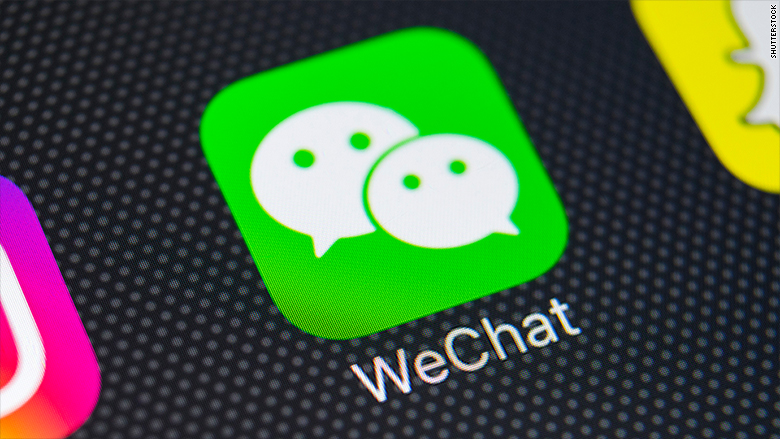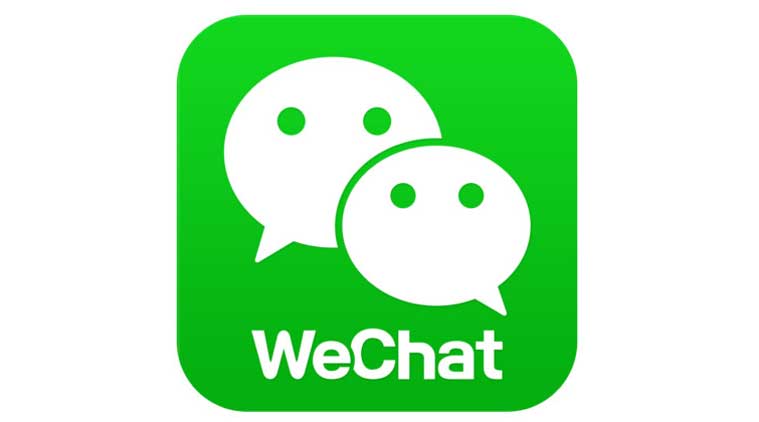
Local governments, partnering with private businesses, have distributed more than 150 million RMB as incentive to attract test users of digital RMB and to stimulate consumption. The digital currency could be spent in stores like Starbucks and McDonald's in China, as well as online shopping platforms like JD.com. As of April 2021, more than 100,000 have downloaded such apps, which were developed by banks, including six state-owned banks. The currency could be transferred to bank accounts or used directly with certain merchants, and could be controlled via apps on one's smartphone. Areas of testing include the currency's reliability, stability, ease of use, and regulatory concerns such as the prevention of money laundering, tax evasion and terror financing. In April 2020, testing began in four cities around China ( Shenzhen, Suzhou, Chengdu and Xiong'an) to improve the currency's functionality. The version of the currency, known as DCEP (Digital Currency Electronic Payment), requires an account with a commercial bank, but may be "decoupled" from the banking system in the future, allowing tourists to gain access to the system. In October 2019, the PBOC announced that a digital renminbi would be released after years of preparation.

Chinese technology firms such as Alibaba (through its affiliate Ant Group), Tencent (which owns WeChat), Huawei, JD.com and UnionPay were invited to cooperate with the central bank in developing and testing digital RMB. In 2017, the State Council approved the development of the digital RMB, in partnership with commercial banks and other organizations. According to Fan, the best way to take advantage of the situation is for central banks to take the lead, both in supervising private digital currencies and in developing digital legal tender of their own. In 2016, Fan Yifei, a deputy governor of the PBOC, wrote that "the conditions are ripe for digital currencies, which can reduce operating costs, increase efficiency and enable a wide range of new applications". History Ī sign showing that a store accepts digital RMB in Shenzhen, GuangdongĬhina's central bank, the People's Bank of China (PBOC), began research on the digital currency in 2014 under the leadership of Governor Zhou Xiaochuan. The digital renminbi is seen by some commentators as a form of Chinese government surveillance and control over users and their financial transactions.
#Tencent wechat china ecny wechat Offline#
The technology enables transactions to take place between two offline devices. It aims to be cheaper and faster than existing financial transactions. The digital yuan is designed to move instantaneously in both domestic and international transactions. The digital RMB is legal tender and has equivalent value with other forms of renminbi, also known as the Chinese yuan (CNY), such as bills and coins. It is the first digital currency to be issued by a major economy, undergoing public testing as of April 2021.

People's Bank of China Digital Currency Research Instituteĭigital renminbi ( Chinese: 数字人民币 also abbreviated as digital RMB and e-CNY), or Digital Currency Electronic Payment ( DCEP, Chinese: 数字货币电子支付 pinyin: Shùzì huòbì diànzǐ zhīfù), is a central bank digital currency issued by China's central bank, the People's Bank of China. Shenzhen, Suzhou, Xiong'an, Chengdu, Beijing, Zhangjiakou, Shanghai, Hainan, Changsha, Xi'an, Qingdao, Dalian, Fuzhou, Xiamen, Guangzhou, Tianjin, Chongqing, Hangzhou, Ningbo, Wenzhou, Huzhou, Shaoxing, Jinhua, Jinan, Nanning, Kunming, Fangchenggang, Xishuangbanna People's Republic of China ( Mainland China) The language(s) of this currency do(es) not have a morphological plural distinction.ġ4 August 2020 3 years ago ( 14 August 2020)


 0 kommentar(er)
0 kommentar(er)
